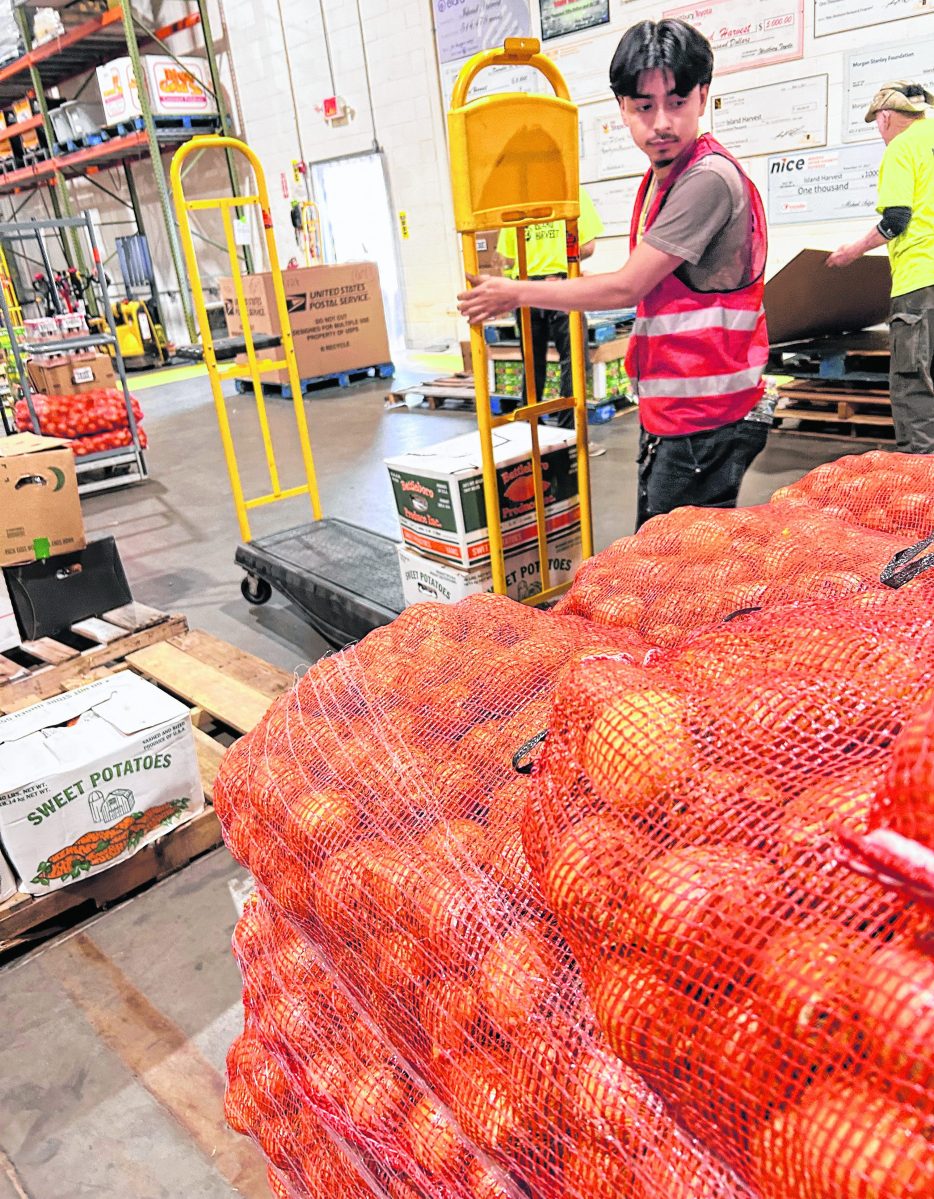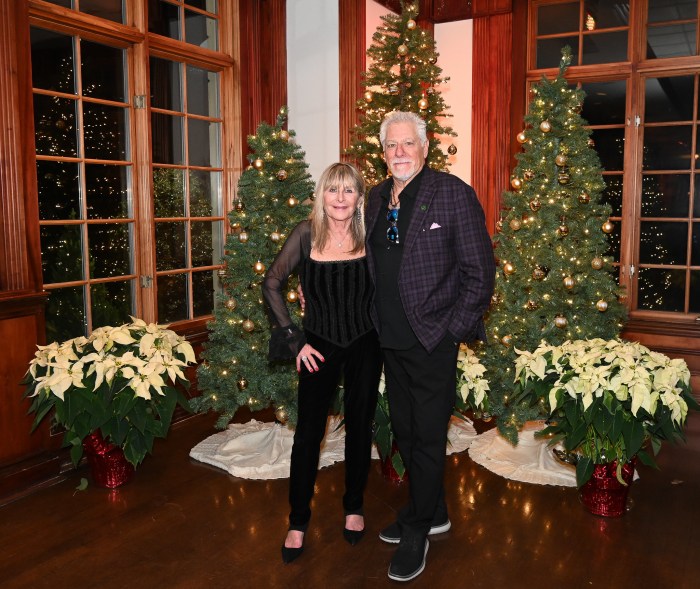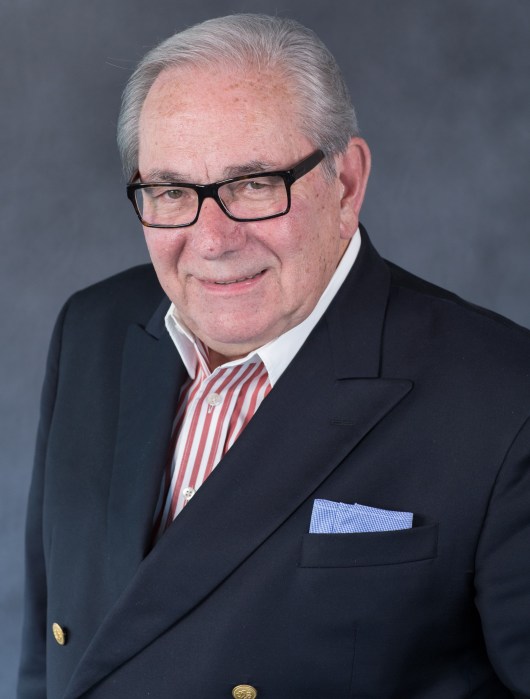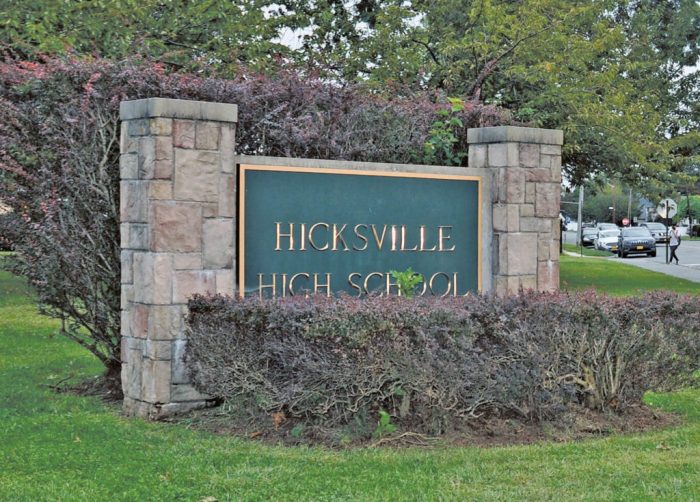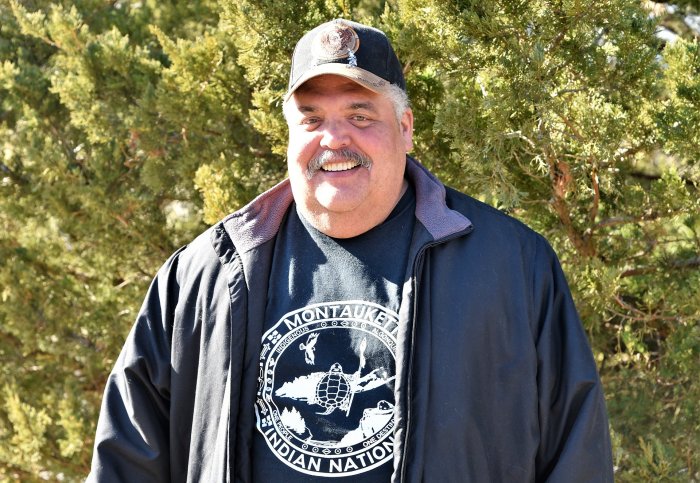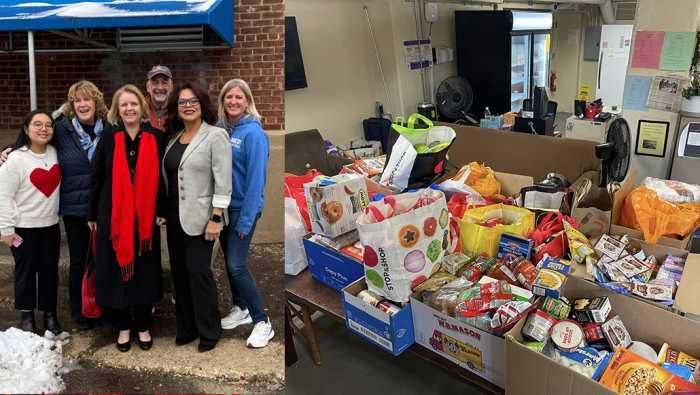Going into this past fall, Victor White had been unemployed for two years. He was searching for a job that would lift him from food insecurity he had come to now and was also facing homelessness.
In early winter, White, now 36, signed up with a jobs program in the Town of Hempstead, which led him to Island Harvest, Long Island’s largest food bank. At Island Harvest, he got into the organization’s Workforce Skills Development Institute, a program to train people who are unemployed or under-employed to work at Long Island warehouses. In December, White graduated from the program and managed to land a job at Island Harvest’s own warehouse in Melville.
White is one of 57 people to have gone through Island Harvest’s 10-week training program since its inception. The program provides classes, mock interviews, resume reviews, job coaching, certifications in forklift and other heavy-machinery operation as well as OSHA safety.
In addition, trainees receive stipends for transportation, groceries, rent and living expenses during the 10-week period. The employment rate among the graduates is about 66%, Island Harvest said.
Read also: Long Island’s misunderstood homeless population struggles on
Island Harvest launched the program in January 2023.
Why would an organization known for food distribution start a job training program?
“Our role is to pick up food and deliver it,” Randi Shubin Dresner, president and CEO of Island Harvest, told the Press. “But we feel we have a role in a lot of different areas. “
When she first came to Island Harvest in 2001, Shubin Dresner said there was talk of job training.
“But it wasn’t the right time,” she said. “We were somewhat out of our league” when it came to providing such a service, she said.
But Island Harvest ramped up.
“We really now feel this is part of our role,” Shubin Dresner said. “We feel putting food on someone’s table is the right thing to do. But that’s not going to end hunger.”
Jobs will, she said.
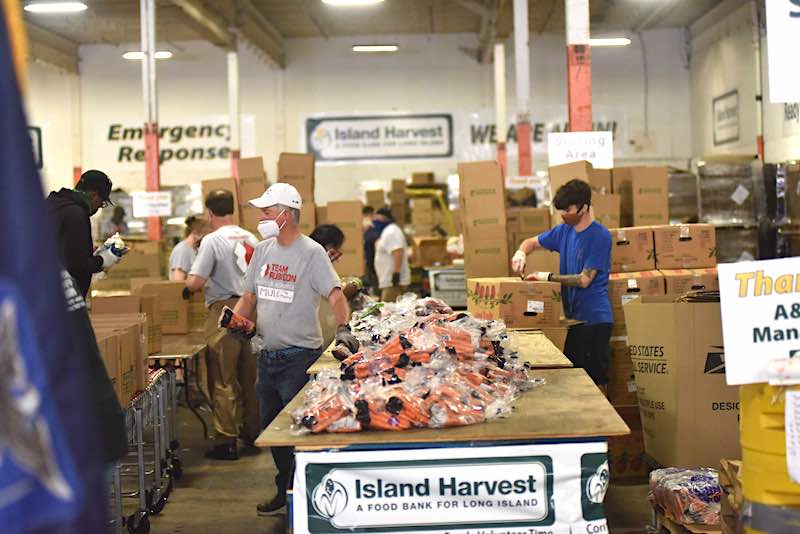
Through some government grants and charitable donations, the program got underway.
Maria Arianas, Island Harvest’s chief workplace development officer, told the Press that graduates are employed at local supermarkets, smaller stores and hospitals. They receive an average beginning salary of $21 an hour.
“Our overall goal is to put ourselves out of business so that people can help themselves,” Arianas said.
Island Harvest makes an aggressive effort to find people for the program. It contacts towns in Hempstead, Oyster Bay and elsewhere that have a significant number of unemployed or underemployed residents.
“We look for populations that are generally underserved,” Arianas said.
Some of the trainees have gone through the criminal justice system, others have struggled with addiction abuse, others are single parents looking for full-time work and older people looking to change their lives.
The warehousing industry on Long Island has not gotten a lot of attention over the years. But according to the New York State Labor Department, there has been a demand for more space as e-commerce has grown, replacing many traditional mom and pop stores.
The Labor Department said that in the last 10 years, employment in the warehousing and storage industry has grown from 1,559 in 2013 to 4,090 in 2023.
Projections by the state are for another 1,000 jobs in the sector in the next five years.
Shubin Dresner said Island Harvest is looking to expand its job-training program in the next year to include instruction in food processing. There are plans to build a training kitchen in the nonprofit’s facility in Melville.
White, who has been reporting to Island Harvest’s warehouse every day, has found a new life for himself.
“I love it,” he told the Press. “I love every second of it.”




